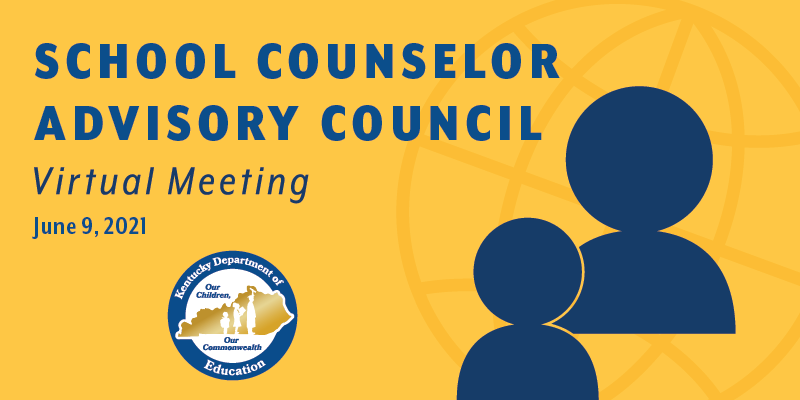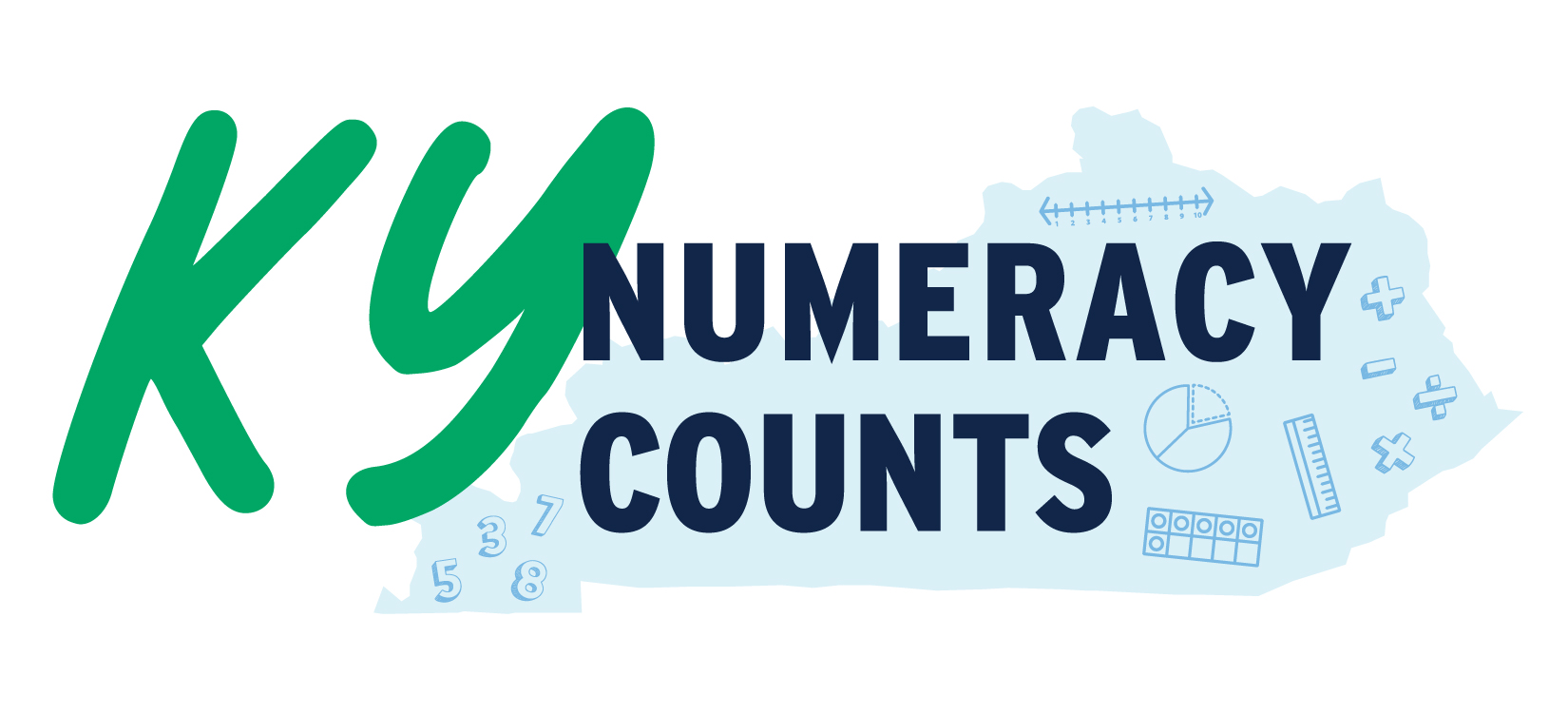 Students returning to in-person classes this fall may need help adjusting, school counselors were told during the June 9 meeting of the School Counselor Advisory Council (SCAC).
Students returning to in-person classes this fall may need help adjusting, school counselors were told during the June 9 meeting of the School Counselor Advisory Council (SCAC).
Counselors have the tools and skills to lead these efforts in their schools, said Miriam Silman, trauma-informed care program administrator for the Kentucky Department for Behavioral Health, Developmental and Intellectual Disabilities. She urged counselors to intentionally build relationships with all students by making small gestures of concern, interest and caring to help students feel comfortable with returning to in-person school settings.
Counselors should help create a feeling of psychological safety at school, for staff as well as students, said Silman, a trauma specialist. That can include setting up predictable routines and promoting consistency for everyone. Staff can help students feel less anxious by normalizing the process of adjustment and acknowledging they also have concerns, worries and challenges.
Counselors should increase direct interactions with students, making eye contact and listening in order to get to know them, she said. Teachers should be urged to listen to students who want to talk, even if that means pausing what they’re doing at the time.
Silman encouraged counselors to share their knowledge, strategies and perspectives with other school staff to promote strong relationships and school connection.
“Every moment should be a reengagement moment. That should be our mantra for the next year,” she said.
Several council members shared actions they’ve taken so far: holding “minute meetings” with groups of students in the morning, sitting in on weekly “community circles” to hear what students are talking about, and circulating in common areas to make direct contact and get to know students.
A free virtual seminar will be held on June 29 and 30 for school counselors to engage in conversations about how to re-engage students in the upcoming year, said Christina Weeter, director of the Division of Student Success in the Kentucky Department of Education’s (KDE’s) Office of Continuous Improvement and Support. The event will run from 9 a.m. to about 2:30 p.m., and a recording of the session will be available for 30 days afterward. Registration is online for the seminar, called the Persistence to Graduation Virtual Summit.
Trauma-Informed Planning
Under the Kentucky School Safety and Resiliency Act (SSRA) KDE was required to develop a trauma-informed toolkit for school district use, said Christina Weeter, director of the Division of Student Success in the Kentucky Department of Education’s (KDE’s) Office of Continuous Improvement and Support. The toolkit is available on KDE’s School Safety and Resiliency Act webpage.
For several years the department has partnered with the University of Kentucky’s Center on Trauma and Children to provide free training for educators on implementing trauma-informed practices, Weeter said. Those training sessions will resume in the fall.
Kentucky law – specifically, KRS 158.4416 – also requires the creation of a Trauma-Informed Team at every school, which must include school counselors, she said. Those teams should train administrators, teachers and staff on dealing with trauma and creating local plans. The plans are due by July 1, but are to be approved by local school boards, not sent to KDE, Weeter said.
Funding and Reopening
Commissioner of Education Jason E. Glass said Kentucky schools will soon receive the final third of nearly $2 billion allocated to the state under the most recent round of American Rescue Plan (ARP) Elementary and Secondary School Emergency Relief (ESSER) funding, nearly double the amount received from the previous round of ESSER funding.
Local receipt of those funds requires submission of plans for using those funds to satisfy ARP requirements and meet specific goals, and on safely returning to in-person instruction, which can be a revised version of existing reopening plans.
Glass asked counselors to involve themselves in creating those plans for their home districts.
On a related note, he said KDE is receiving many questions on what statewide COVID-19 safety standards will be for the rest of the summer and the fall semester as cases continue to drop.
“I think it’s probably safe to say that things are going to look a lot more pre-pandemic than they did in the past year. They already do,” Glass said.
Future KDE guidance will depend on statewide vaccination and infection rates, and on national health recommendations, he said.




Leave A Comment